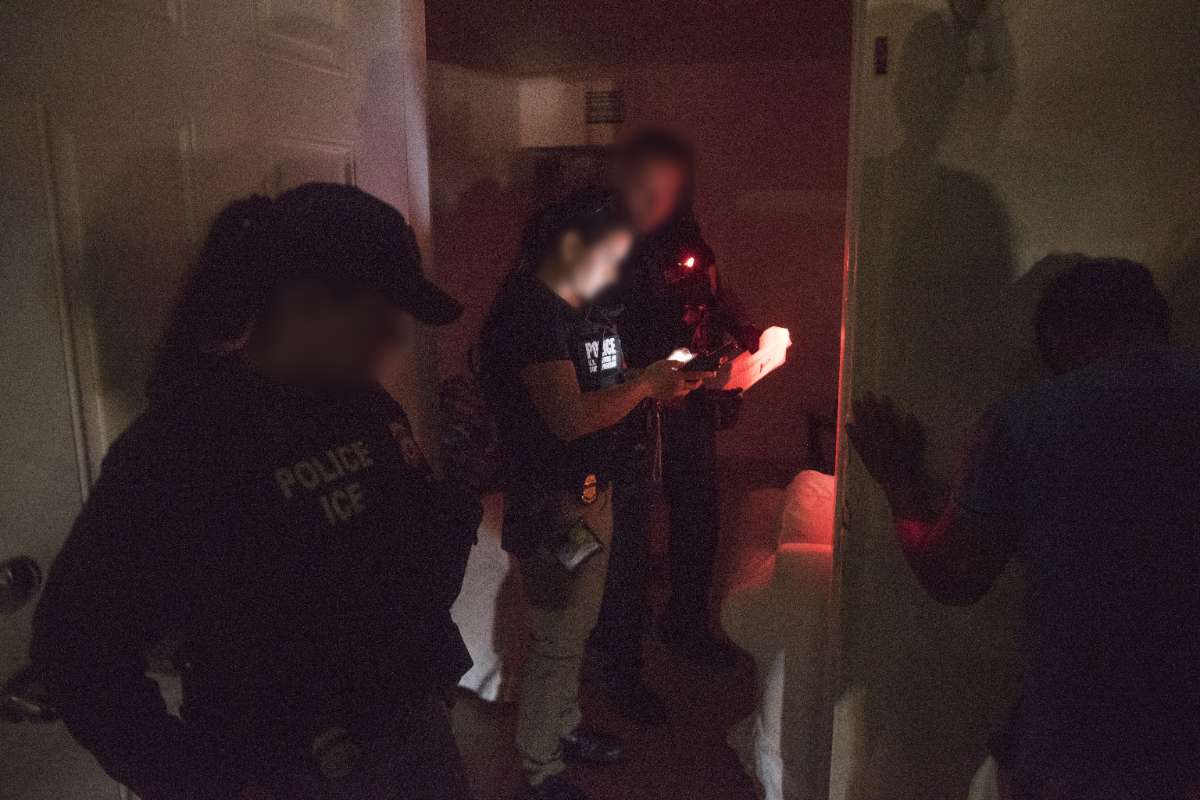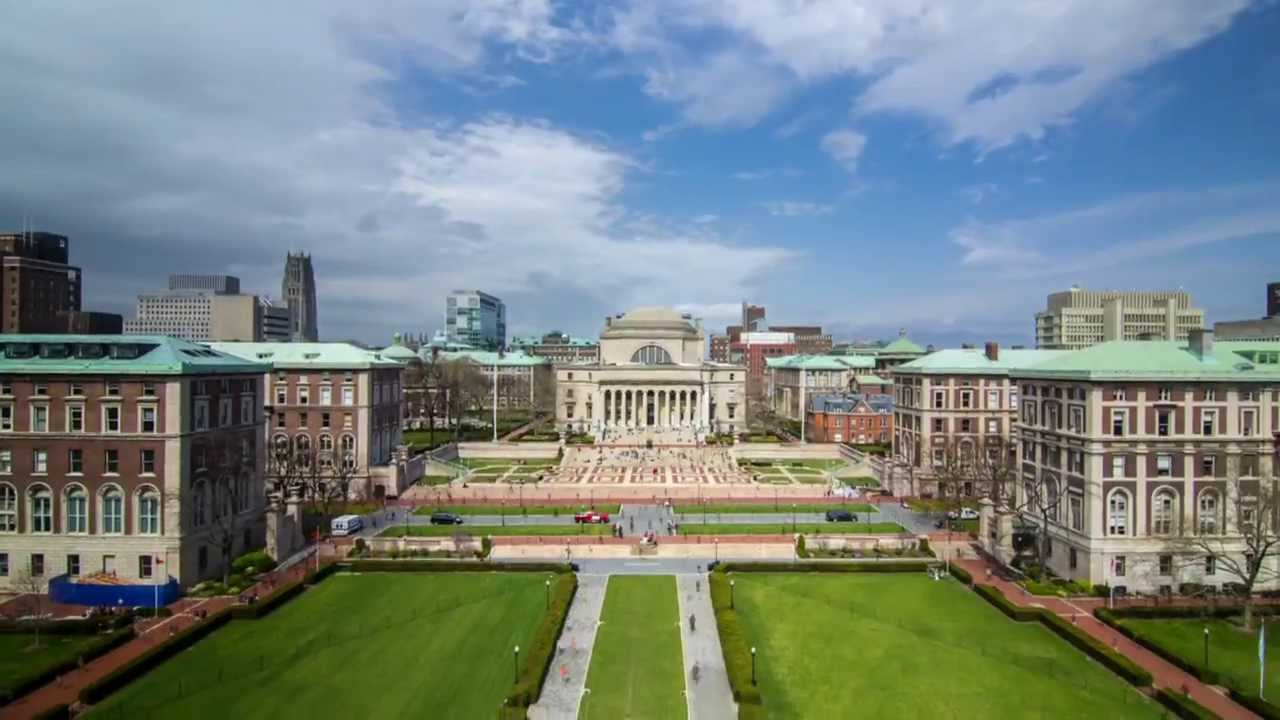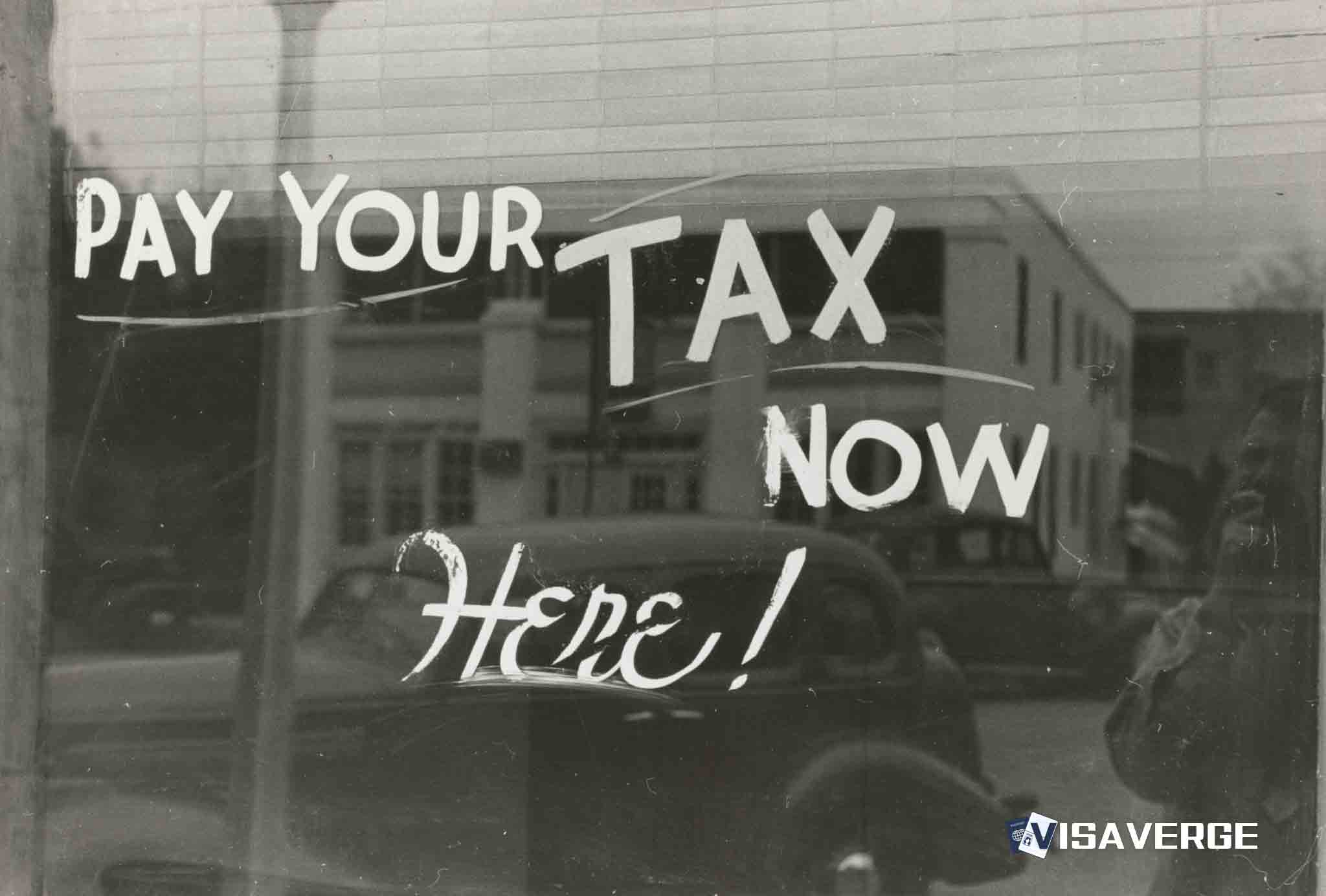(ESSEX, ENGLAND) Councillors in Epping Forest have stepped up efforts to limit protests outside the Bell Hotel, an accommodation site for asylum seekers, after the High Court ruled the government could continue using the site despite months of angry demonstrations and local opposition. As of late November 2025, Epping Forest District Council has voted to push ahead with further legal action aimed both at challenging the court’s decision and tightening controls on protest activity around the hotel.
Background: why the Bell Hotel matters locally and nationally
The Bell Hotel, on the edge of Epping town, has become a flashpoint in the national dispute over using hotels to house asylum seekers while their claims are assessed. The Home Office argues such sites are necessary to meet demand in the asylum system, but local councillors say the hotel is unsuitable and that protests and counter‑protests are placing strain on local services and residents.

The recent High Court ruling allowing the Bell Hotel to remain in use was seen by many at the council as a setback. The new council vote signals their determination to keep pressing the issue and to seek clearer limits on demonstrations.
Local concerns and incidents
Council leader Ken Williamson has led calls for a tougher stance, urging ministers to rethink the use of the Bell Hotel and pressing for stronger measures to deal with demonstrations outside the building.
The council cites concerns about public safety and order, pointing to earlier protests where tensions escalated. Reported incidents include:
- Violent clashes and attacks on security staff
- Repeated disruption to nearby homes and businesses
- Use of flares and loud gatherings that intimidate residents
Those events have hardened the view among many councillors that ordinary policing alone can no longer manage the situation.
Rights and legal tensions
At the heart of the dispute is a balance between two competing rights:
Check the Home Office asylum support guidance on gov.uk to understand hotel accommodation rules, residents’ rights, and steps to report intimidation or harassment near the Bell Hotel.
- The right to protest (free speech and assembly)
- The rights of asylum seekers to live in basic safety while they await decisions
Local officials say they do not want to shut down peaceful protest, but argue the pattern of demonstrations at the Bell Hotel shows a clear risk of further disorder. Residents — including families with young children — report feeling intimidated by confrontations at the hotel gates, particularly on dark winter evenings.
Civil liberties organisations warn that using legal tools to limit protest around asylum accommodation could set a dangerous precedent. They emphasise that:
- The right to free speech and assembly is protected by law
- Overly broad restrictions could be misapplied in other contexts
- Police already have powers to deal with specific criminal behaviour and those should remain central to responses to violence or harassment
National context and legal landscape
Nationally, councils have been testing how far they can go under existing law, particularly the Public Order Act and local government planning rules. Measures some authorities have explored include:
- Adjusting protest routes
- Capping the size of gatherings
- Defining buffer zones near entrances to asylum hotels
Epping Forest District Council now appears ready to join that group more openly, using the Bell Hotel case as a test and linking it to a broader legal challenge to the High Court’s decision.
According to analysis by VisaVerge.com, local councils across the 🇬🇧 United Kingdom have increasingly adopted such legal strategies as the number of asylum seekers placed in hotels has risen in recent years. The site notes these moves often follow sharp local political pressure, with residents complaining about lack of consultation, sudden changes in neighbourhood character, and fears — fair or not — about crime and security.
Potential measures under consideration
Councillors in Epping have discussed a range of steps that could be considered by the courts or enforced by police. These include:
- Limits on the number of protesters immediately outside the Bell Hotel
- Stricter conditions on times and locations for demonstrations
- Increased police powers to disperse crowds where there is a real risk of violence
Supporters say these measures would not stop people expressing their views but would reduce the chance of confrontations spilling into surrounding streets.
Table: Summary of proposed measures
| Measure | Aim | Potential effect |
|---|---|---|
| Limit on protesters | Reduce concentration outside hotel | Lower risk of crowding and clashes |
| Time/location restrictions | Confine demonstrations to set periods/areas | Reduce disturbance to residents/businesses |
| Increased police powers | Enable quicker dispersal of dangerous gatherings | Faster response to potential violence |
Impact on asylum seekers
For asylum seekers living inside the Bell Hotel — many of whom have fled war, persecution, or political unrest — the surrounding political struggle adds stress to already uncertain lives.
- Frequent protests can make people afraid to leave, even for essentials like groceries or legal appointments.
- Language barriers can amplify fear when residents hear raised voices or see police lines outside their temporary home.
Although asylum seekers are not the focal point of the public argument, they are directly affected by the outcome.
Government position and guidance
The Home Office has not publicly shifted its stance on the Bell Hotel following the High Court ruling and continues to defend the use of hotels as a temporary measure while asylum claims are processed.
Official guidance on asylum support, including accommodation arrangements, is set out on the UK government website. The Home Office explains when people waiting for a decision may receive housing in hotels or other sites under the asylum support system. That information is available through the government’s asylum support pages, which describe the legal framework and the role of local authorities.
What happens next — legal and political stakes
Epping Forest District Council’s decision to pursue further legal action means the dispute could again come before senior judges, potentially clarifying the powers of both the Home Office and local councils in similar cases.
A fresh hearing would be watched closely by:
- Other local authorities that host asylum hotels
- Campaigners concerned about immigration and refugee policy
- Civil liberties organisations alert to limits on protest rights
A new ruling could influence how councils write local rules on protests and how far they can go to block or wind down hotel contracts.
The Bell Hotel case is likely to be a test of where the line is drawn between public safety, local democracy, and the right to protest — with implications that could extend far beyond this corner of Essex.
Local politics and community response
The row around the Bell Hotel highlights how national asylum policy can place strain on local politics. Councillors, accountable to residents, often feel blamed for decisions made in London despite having limited formal power over housing choices. This dynamic can push them toward high‑profile legal and political battles to demonstrate they are responding to local concerns about community cohesion.
Daily life near the hotel remains tense:
- Residents report being tired of road closures, noise, and heavy police presence on protest days
- Some local businesses complain of lost trade when customers avoid the area
At the same time, community groups and faith organisations have offered practical help to asylum seekers, such as:
- Language lessons
- Donated clothes
- Informal social events to reduce isolation and fear
These grassroots efforts contrast with the larger legal and political fight unfolding in council chambers and courts.
Summary and outlook
For now, the future of the Bell Hotel and the rules governing protests at its gates remain uncertain. Epping Forest District Council’s renewed legal push signals the local battle is far from over, and the outcome may resonate nationally as other councils consider how to respond to tensions around asylum accommodation.
Key issues to watch:
- Whether further court hearings clarify the balance of powers between the Home Office and local authorities
- How courts treat proposed restrictions on protests near asylum accommodation
- The effect of any new rulings on other councils and on civil liberties more broadly
The Bell Hotel case will continue to be a focal point in debates over public safety, the rights of protesters, and the treatment of people seeking protection in the United Kingdom.
Epping Forest councillors are pursuing further legal action after the High Court allowed the Bell Hotel to remain operational as asylum accommodation. The council seeks stricter protest controls—limits on numbers, time and location restrictions, and enhanced police powers—citing safety concerns following violent incidents. Civil liberties groups warn that broad restrictions risk curbing lawful protest. A fresh hearing may define the balance between Home Office authority, local powers and protest rights.








